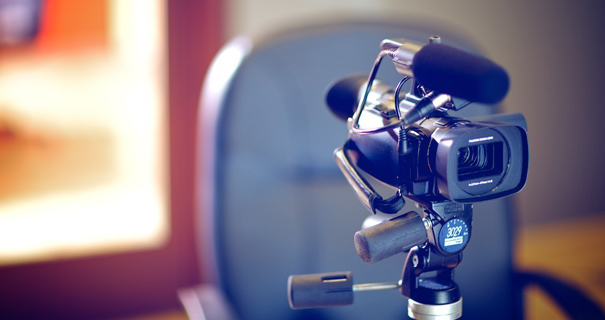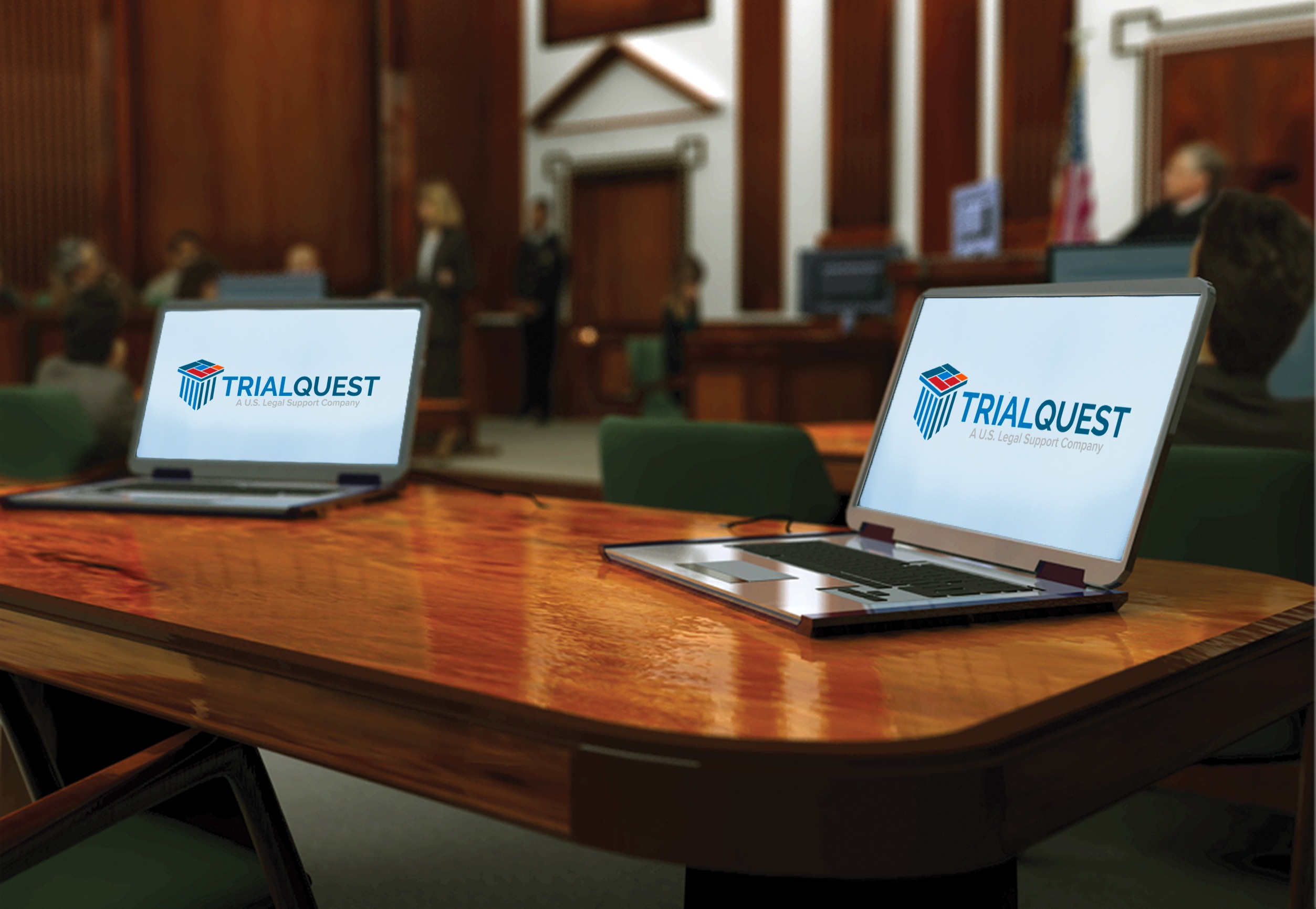How Trial Presentations Help Attorneys Clearly Convey Legal Arguments
How Trial Presentations Help Attorneys Clearly Convey Legal Arguments
Blog Article
Enhancing Your Lawful Technique With Specialist Test Presentations
In today's lawful landscape, the importance of expert test discussions can not be overstated. As lawyers navigate the intricacies of the court, the capacity to efficiently share complex debates is critical. By changing thick lawful concepts into interesting narratives, practitioners can boost juror understanding and retention. Incorporating multimedia devices and narration techniques can create an engaging backdrop that not just educates but likewise resonates psychologically with jurors. Nevertheless, the inquiry remains: what particular approaches can attorneys use to raise their presentations and ultimately affect trial outcomes?
Value of Trial Presentations
Trial discussions offer as a critical component in the legal process, successfully linking the space between intricate legal debates and juror understanding. The ability to distill intricate lawful principles into available narratives is necessary for jurors, who have to make educated decisions based on the evidence presented. A well-crafted presentation not only clarifies the situation but also boosts the persuasiveness of the debate, eventually influencing the jury's assumption.
In an age where focus periods are restricted, the relevance of involving visuals and clear interaction can not be overemphasized. Test discussions serve to capture jurors' rate of interest and maintain their focus, allowing for a much deeper understanding of the facts and lawful concerns at hand. In addition, they provide a structured structure that arranges the case, facilitating sensible circulation and comprehensibility.

Secret Parts of Effective Presentations
An efficient presentation in a courtroom setting joints on numerous essential components that jointly boost its effect. Lawyers must distill complicated lawful debates into succinct, quickly digestible factors to make sure jurors comprehend the core issues.
Visual aids play an important function as well, as they can substantially reinforce key messages. Reliable use displays, graphes, and layouts can clarify elaborate information and emphasize essential truths. Additionally, the speaker's delivery style is vital; confident, appealing communication fosters reputation and maintains jurors' interest.
Finally, recognizing the audience is critical. Customizing the presentation to the jurors' backgrounds and worths can foster a link that improves receptiveness to the debate. In summary, clarity, narrative framework, aesthetic help, distribution design, and target market recognition are integral to crafting an efficient courtroom discussion that resonates with jurors and supports the overarching lawful strategy.
Technology in Trial Presentations
Modern courtrooms increasingly incorporate innovation to improve test presentations, improving the foundational components of efficient interaction developed with clear messaging and interesting stories. The consolidation of audio-visual aids, such as high-def projectors and interactive screens, allows legal groups to present proof in a more compelling manner. This technology not just catches the court's focus however also helps with a better understanding of complicated information.

Digital devices, consisting of presentation software program and electronic display management systems, enhance the company and retrieval of evidence (trial presentations). Attorneys can promptly reference papers, pictures, and videos, ensuring that essential details is readily accessible during the test. Furthermore, the usage of animations and simulations can strongly illustrate crucial ideas, making them much easier for jurors to realize
Moreover, court room modern technology promotes cooperation among attorneys, enabling real-time modifications to discussions based on jury see this site responses or unexpected advancements. The ability to adjust on the fly is essential in maintaining involvement and strengthening arguments. As technology proceeds to progress, its role in trial discussions will most certainly broaden, providing cutting-edge ways to connect efficiently and persuasively in the pursuit of justice.
Storytelling Methods for Influence
Effective narration methods are critical in supplying impactful test presentations, as they change complex legal debates into relatable narratives. A well-crafted tale captivates the audience, making it less complicated for jurors to comprehend and remember bottom lines.
To create an engaging story, attorneys ought to concentrate on developing a clear framework with a beginning, center, and end. The start should present the situation context and its significance, while the center elaborates on the core issues, weaving in evidence and witness testimonies that support the argument. Conclusively, the ending ought to strengthen the intended message, driving home the preferred result.
Furthermore, including emotional components can considerably enhance the narrative's impact. By humanizing the case, lawyers can evoke empathy, allowing jurors to link directly with the facts presented. Utilizing dazzling imagery and narratives can additionally aid in showing complex themes, making them more concrete and unforgettable.

Tips for Implementation in Court
Carrying out narration strategies in court needs mindful preparation and implementation to make sure that the story reverberates with jurors. Begin by determining the core message of your situation and aligning it with the psychological and accurate components that will involve the court. Produce a clear and compelling narrative arc that consists of an intro, an advancement of dispute, and a resolution.
Use aesthetic help to enhance narration; displays, timelines, and multimedia presentations a fantastic read can aid illustrate complicated ideas and keep juror interest. Practice your delivery, making certain that body movement, tone, and pacing are constant with the psychological weight of your tale.

Verdict
In conclusion, specialist trial presentations play a crucial duty in improving lawful techniques by properly communicating complicated disagreements to jurors. The combination of aesthetic aids, clear narratives, and psychological narration fosters see juror interaction and understanding.
Report this page